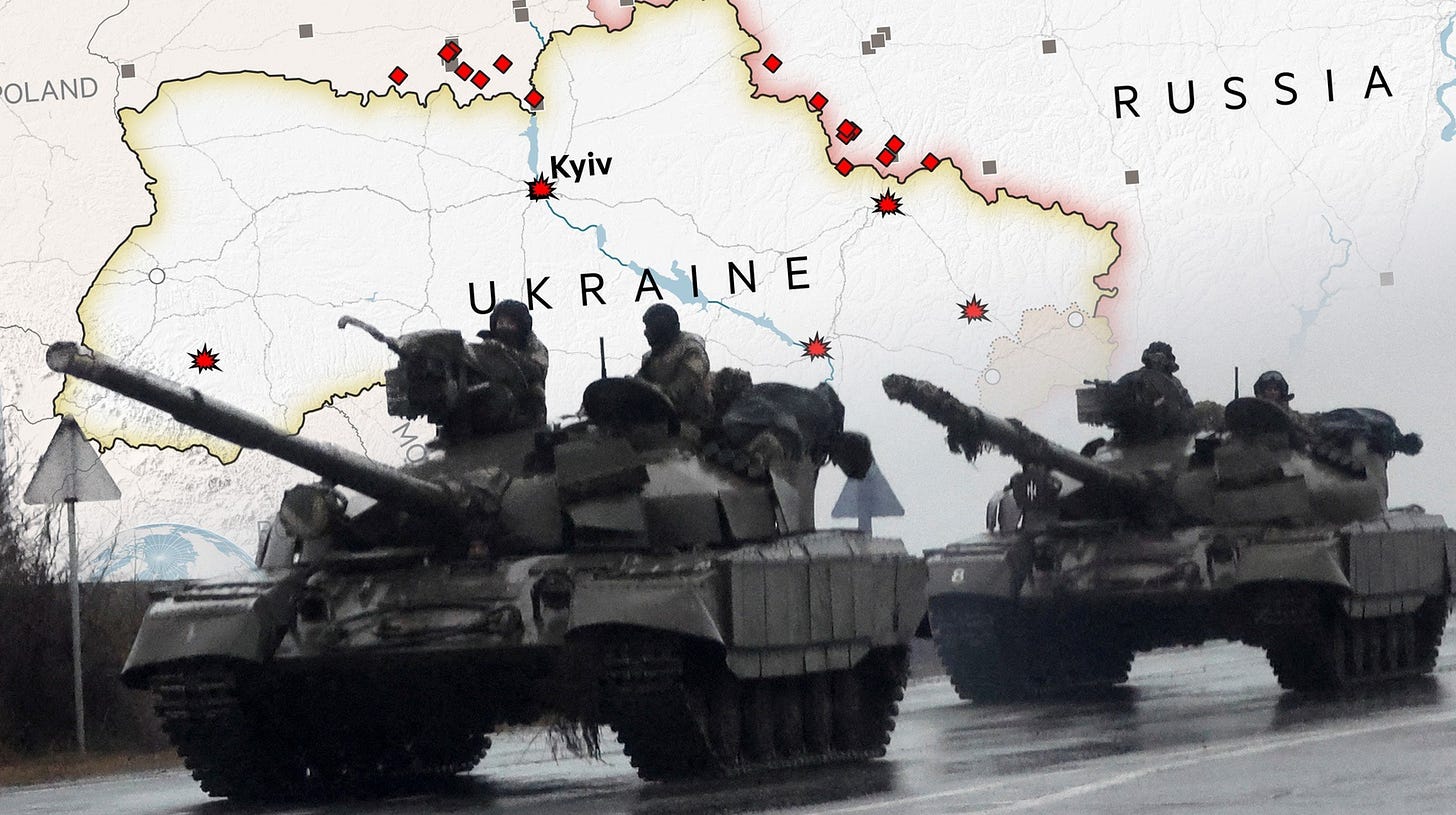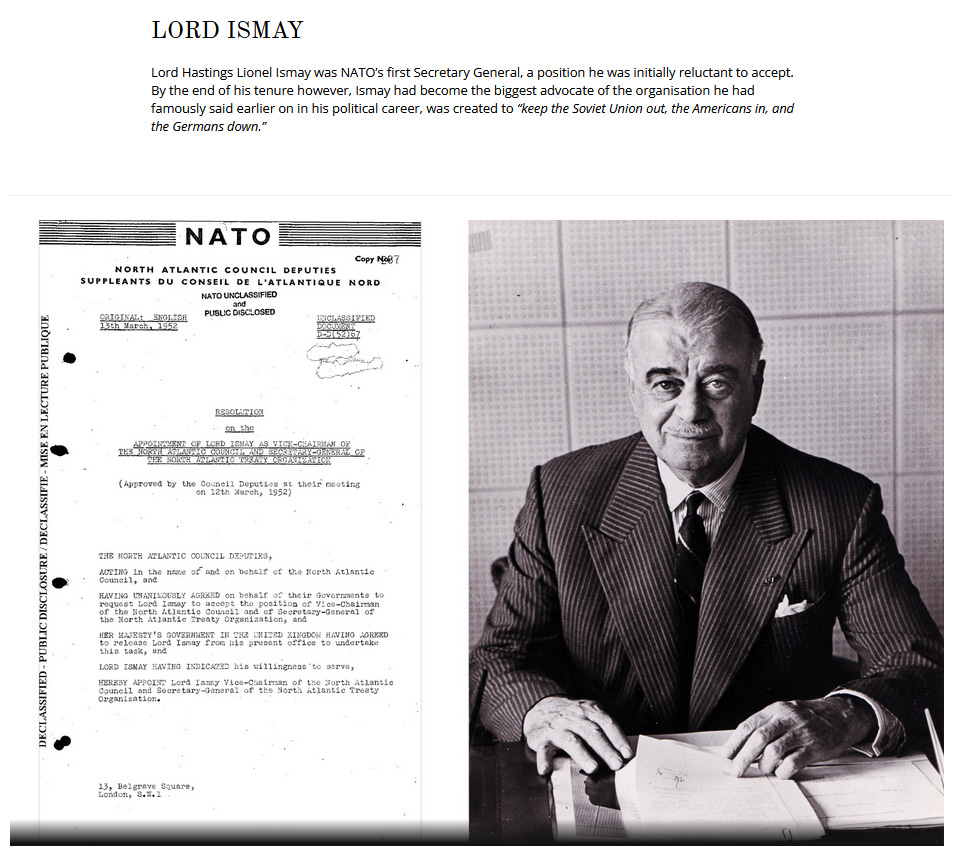When Russian forces invaded Ukraine on February 24, 2022, my first reaction was that we were about to see where the borders between East and West would be fixed for the next few decades. Would it be along the Dnieper? Or would it return to the eastern edge of Galicia, like during the Habsburg era? 500 days into this war, that border presently lies east of Kharkov.
By 2015, the USA had finally cornered Russia after several previously failed attempts. The war in the Donbass had been frozen, the pro-western regime in Kiev entrenched, and western arms and military advisors began to flood into Ukraine. Despite the delusions and/or naïveté of many pro-Kremlin scribblers and analysts, that pro-western course was never in danger of collapsing, with Ukraine returning to the Russian fold.
Jimmy Carter’s National Security Advisor, Zbigniew Brzezinski, explained in 1997 that the loss of Ukraine for Russia meant that it would be reduced in status to that of a regional power:
Ukraine, a new and important space on the Eurasian chessboard, is a geopolitical pivot because its very existence as an independent country helps to transform Russia. Without Ukraine, Russia ceases to be a Eurasian empire. Russia without Ukraine can still strive for imperial status, but it would then become a predominantly Asian imperial state, more likely to be drawn into debilitating conflicts with aroused Central Asians, who would then be resentful of the loss of their recent independence and would be supported by their fellow Islamic states to the south. China would also be likely to oppose any restoration of Russian domination over Central Asia, given its increasing interest in the newly independent states there. However, if Moscow regains control over Ukraine, with its 52 million people and major resources as well as its access to the Black Sea, Russia automatically again regains the wherewithal to become a powerful imperial state, spanning Europe and Asia.1
The desire to cut post-Soviet Russia down to size has been the driving force of NATO’s eastward expansion since the end of the Cold War. This is undeniable.
“Keep the Soviet Union out, the Americans in, and the Germans down”, was how NATO’s first Secretary General, Lord Hastings Lionel Ismay, described what the actual purpose of that organization was. His words are enshrined on the official NATO website. Click here to see for yourself:
Almost seven decades after the end of his tenure at NATO, the score is:
the Soviets are long gone
the Germans have never been more down than they are right now
not only are the Americans still in, they are more dominant in Europe than they have ever been
The refusal, or inability, of Russia to effect regime change in Kiev in 2014-15 placed Moscow in check. They would either have to accept NATO expansion into Ukraine, or they would have to invade to prevent that unacceptable situation from arising, even if it meant a war of aggression, and all of the negative fallout that would come attached to it.
While Ukraine busied itself with turning west in the hopes of future NATO and EU membership, the Russians built up a war chest to be able to sail through what would be a punishing sanctions regime that would be leveled against it when they eventually would invade their neighbour. Russia was left with two bad options by 2015, choosing invasion over acquiescence to further NATO encroachment on its western borders as the better one to protect its national security interests. Russia chose military aggression because in its calculus, a NATOized Ukraine would deal it an existential blow from which it might not ever possibly recover.
On the other hand, the Americans set themselves up for a win-win; a Russian invasion of Ukraine would be seen as military aggression, and would be instantly punished with crippling sanctions. Most important of all, it would serve to sever all political and economic ties between Moscow and Europe. If the Russians chose not to invade, Ukraine would be gradually incorporated into NATO structures, either de jure or de facto. Russia would be reduced to the status of a regional Asian power, as per Brzezinski.
500 days into this conflict, and it is impossible to deny that this a proxy war between the USA and Russia. As it stands right now, the Americans are the big winners, the Russians are the small winners, the EU are the small losers, and Ukraine is the big loser. I made this very same assessment in the first days of the war, and my contention is that it still holds true.





